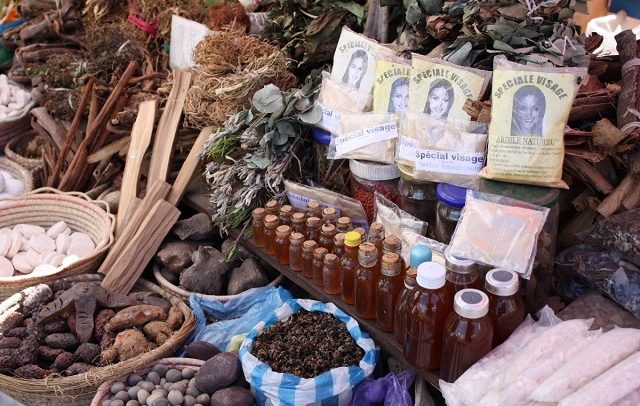Herbal medicines constitute important treatment regimens of most African countries, Ghana not being an exception.
This reality cannot be varied whether we like it or not because besides the cost of orthodox medicines, the users of herbal medicines have more confidence in the latter, the psychological effect of which cannot marginalised.
The accessibility of these by the users especially, in the rural parts of the country, should be considered when analysing such products.
Herbal medicines have since colonial times been subjected to condemnation and therefore shunned by educated Ghanaians. Although the dosage of such products poses problems when administering them, this should not constitute an obstacle to their use.
Herbal medicines have served the need of their users in the country for as long as the ethnic compositions of the country have remained. Each locality has their own herbal treatments which they have relied on for centuries.
Dr. Kofi Busia, the immediate past Director of Healthcare Services of the West African Health Organisation (WAHO), during his keynote presentation at the 20th commemoration of the African Traditional Medicine Day and the 23rd Traditional Medicine Week Celebration in Accra recently, painted an undeniably beautiful picture of herbal medicine and the need to encourage their sensible use.
We find the subject valuable in our context and against the backdrop of the sometime disregard and even contempt for local medicines.
Although the Kwame Nkrumah University of Science and Technology and the Mampong centre for the study of such herbal medicines have continued to research into some of these medicines, not much about their findings have been put out on the public domain.
Considering the efficacy of some of these herbal products, constant interaction between herbal medicine producers and such renowned institutions should be encouraged so that, as Dr. Kofi Busia said, their sensible use can be encouraged.
As the global economic turbulence bites hard, alternatives to orthodox medicines would be a welcome proposal.
‘The sensible use’ of herbal medicines behooves on the research centres to do more to support in that regard including refining them to remove impurities which could have harmful effects on users.
When it comes to side effects of medicines, it would appear that orthodox medicines have done more harm to their users than herbal ones although we do not have at our disposal research findings about this assertion.
The relevant authorities, in our opinion, should do more through the provision of adequate funding to the institutions, to enable them undertake more research and also, ensure constant interaction with herbalists is established.
We are encouraged by Dr. Busia’s call on industry players and others to build confidence in herbal medicines because, for us, they are not the villains they are presented to be by some persons.
With the support of pharmaceutical research centres and the sensible use of herbal medicines, we can be assured of a major boost to local healthcare delivery.

